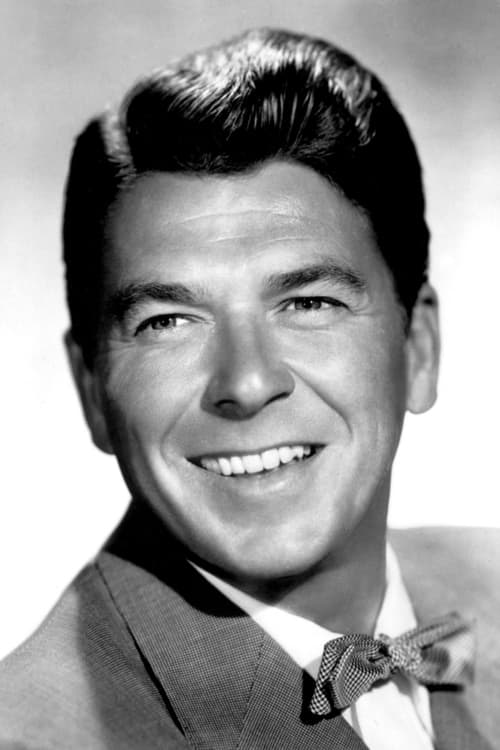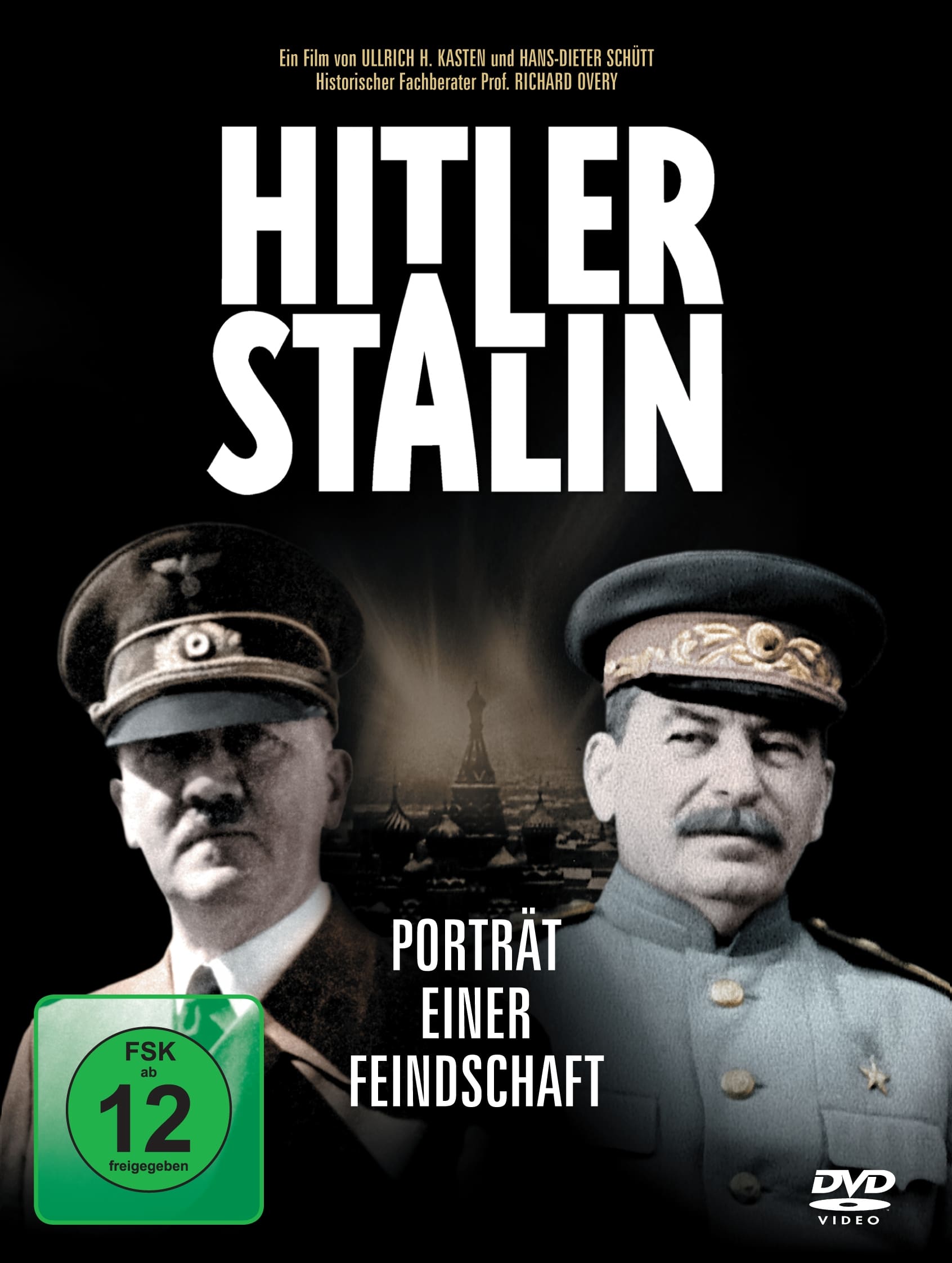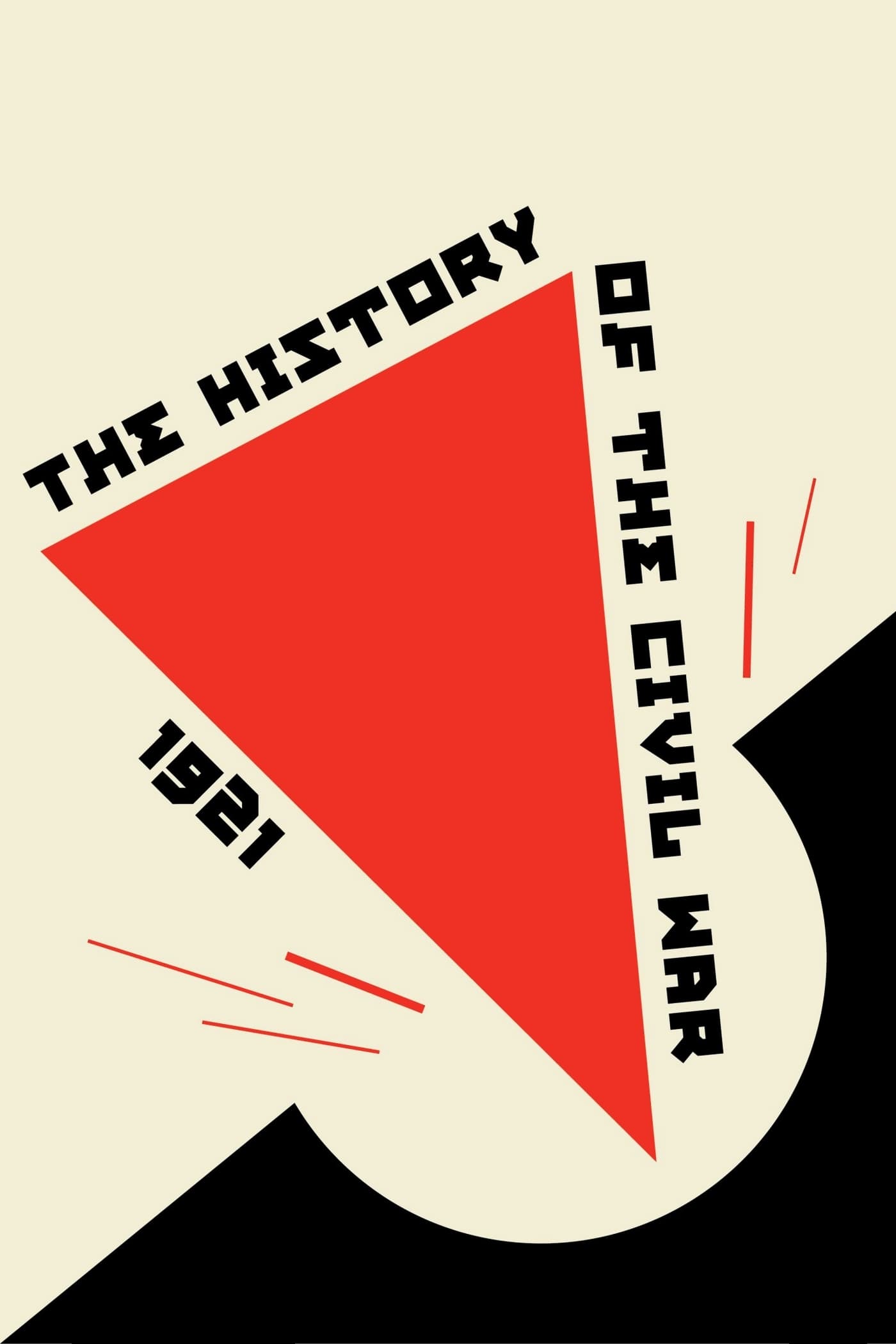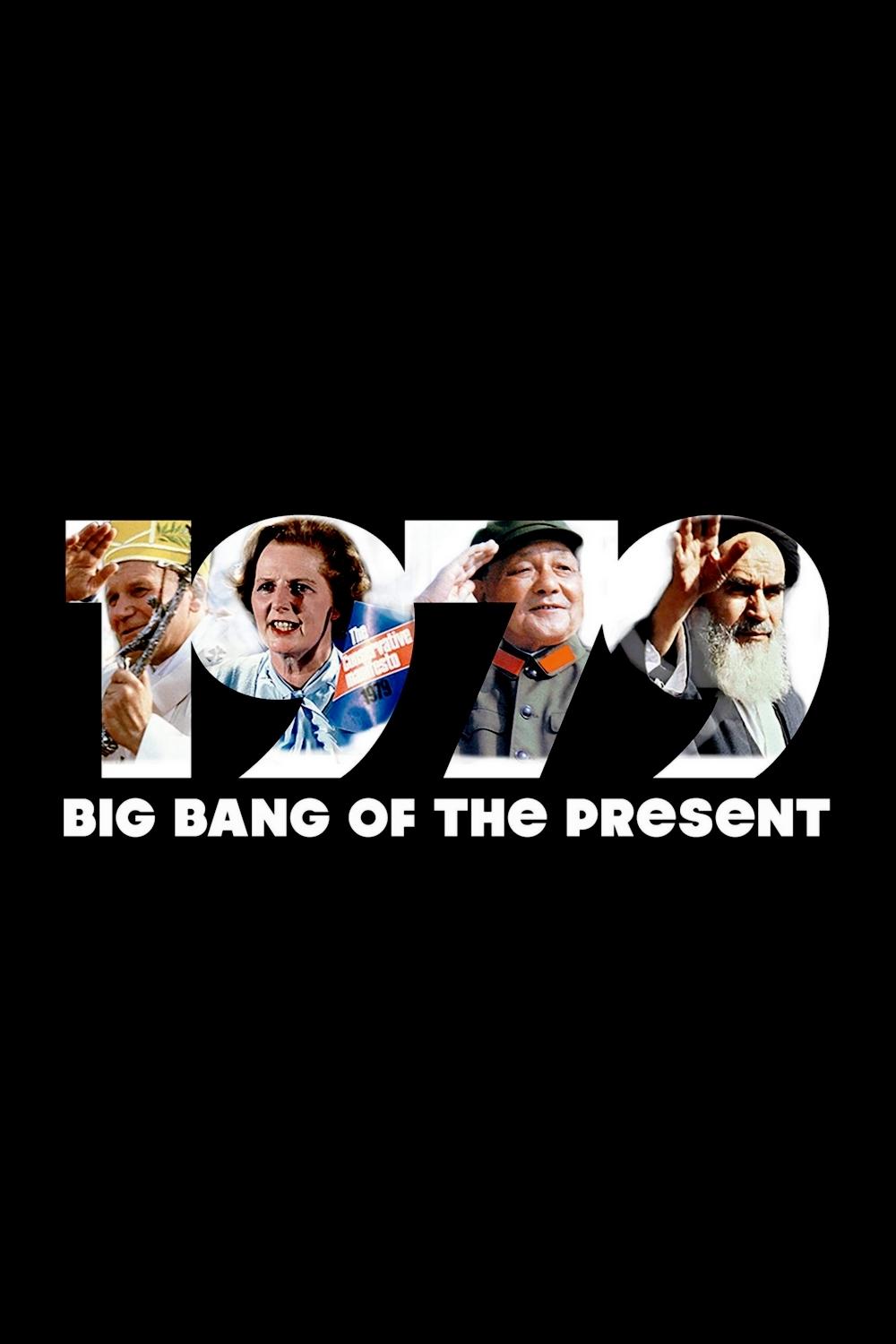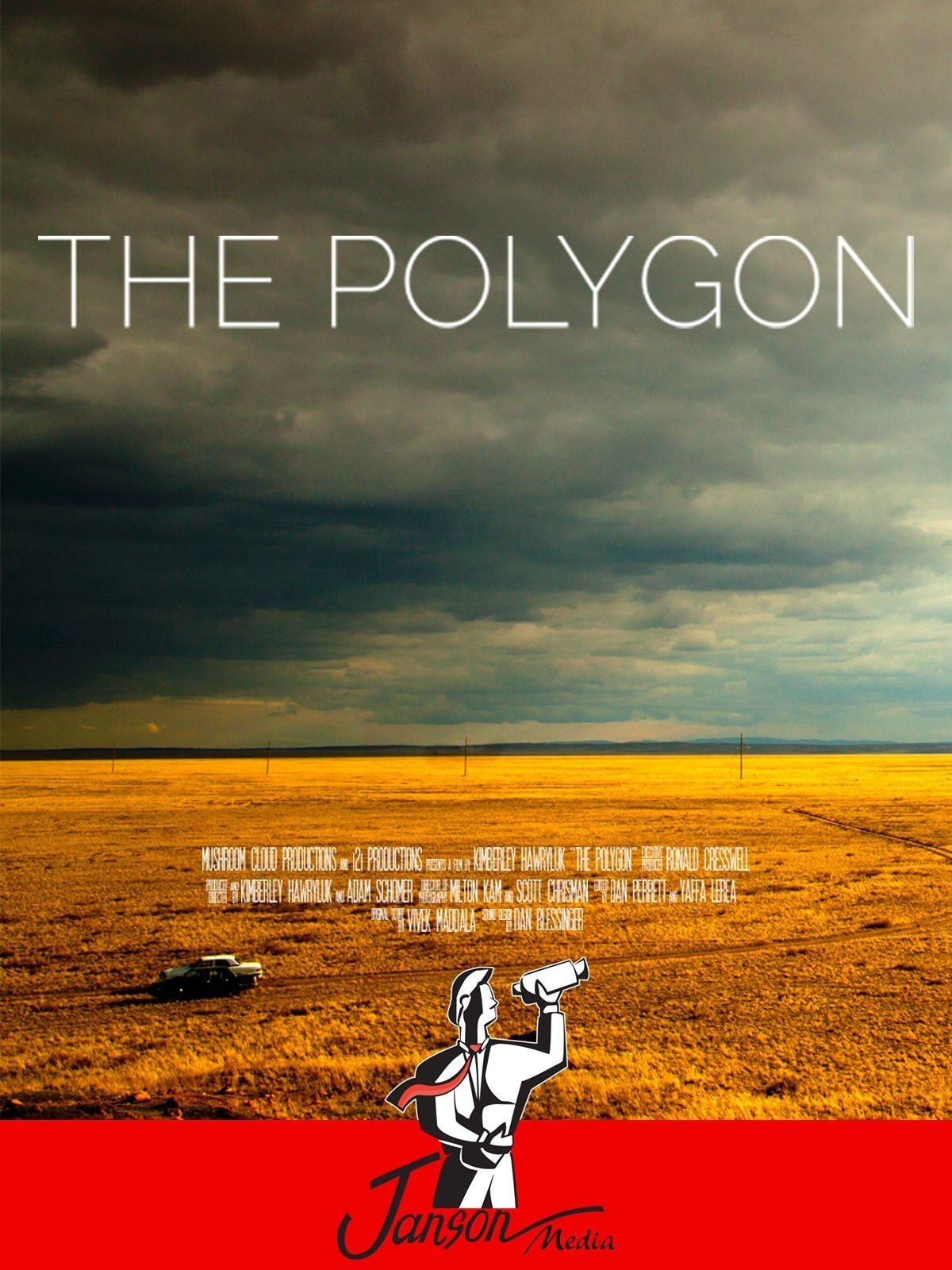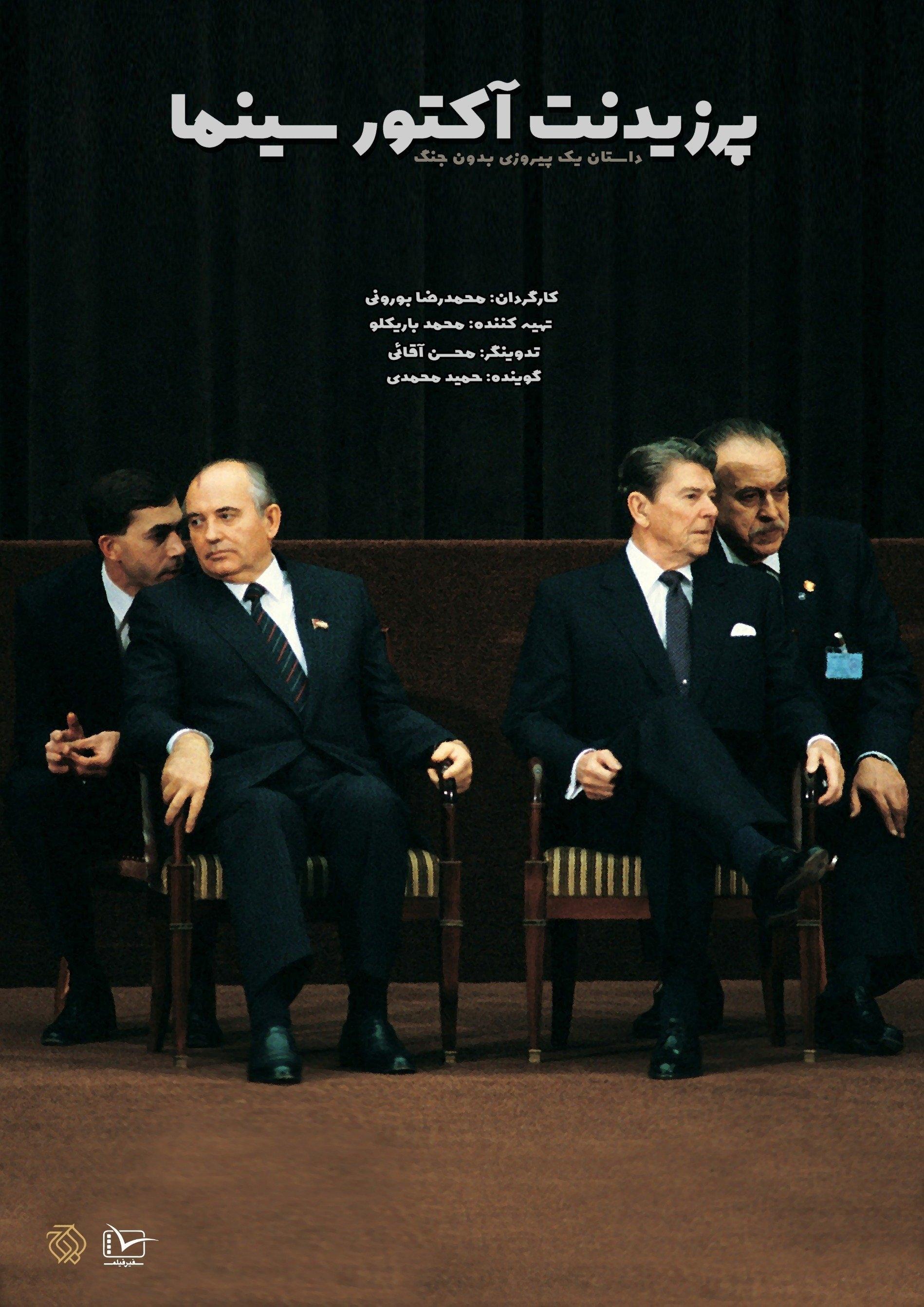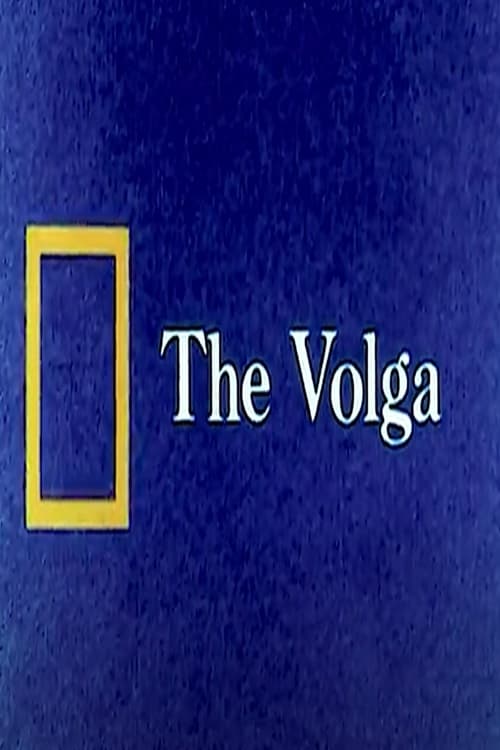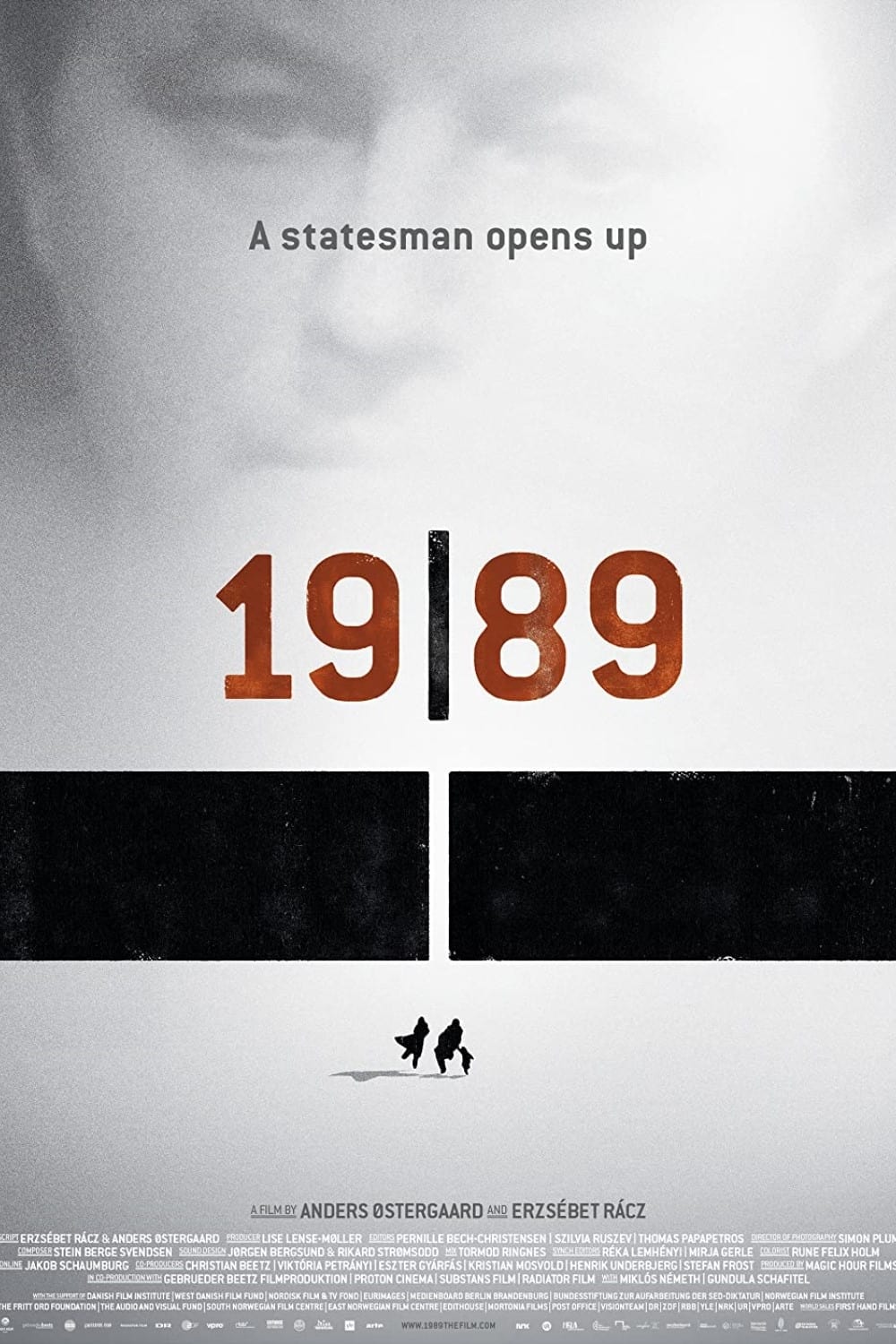
Videos & Trailers
2 videos
Cast & Crew
8 members
Acting
Михаил Горбачёв
Self
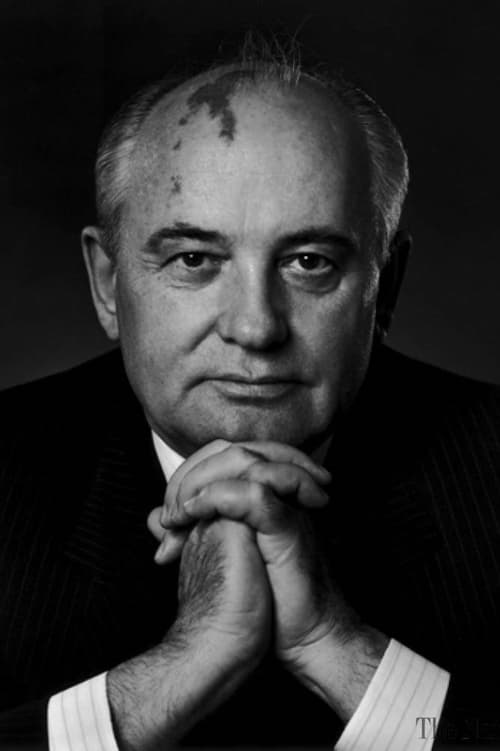
Acting
George Shultz
Self
No Image
Acting
Hubert Védrine
Self
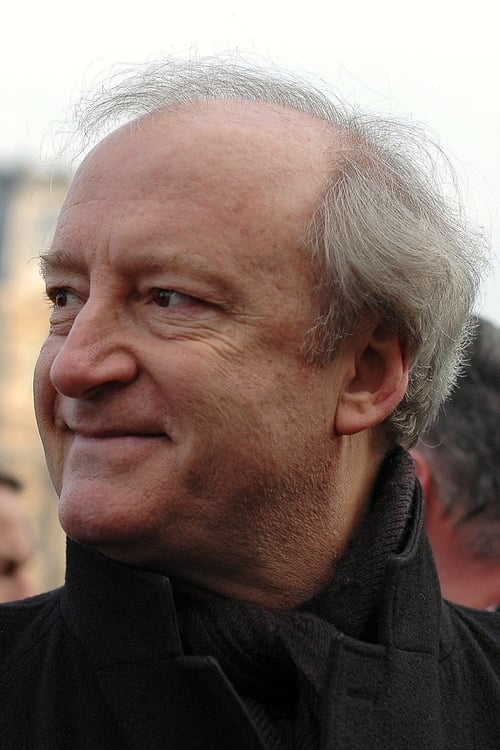
Acting
Joseph Nye
Self

Acting
Alexander Likhotal
Self
No Image
Acting
Graham Allison
Self
No Image
Acting
Setsuko Thurlow
Self - Hiroshima Survivor
No Image
Acting
Ronald Reagan
Self (archive footage)
